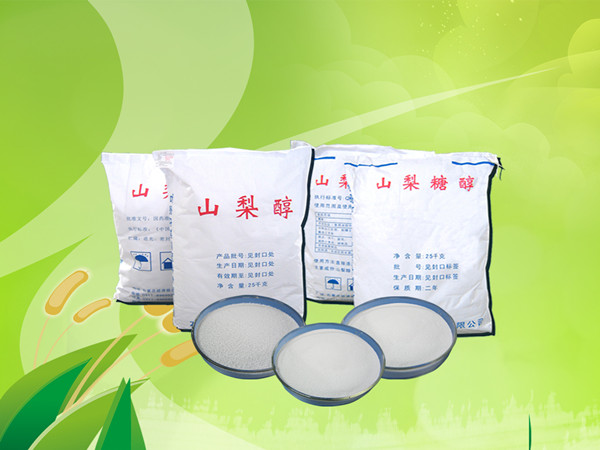

 Medical sorbitol:0311-89699222
Medical sorbitol:0311-89699222 Food sorbitol:0311-89699228
Food sorbitol:0311-89699228
Sorbitol, whose English name is Sorbitol, is obtained by the hydrogenation of glucose in the presence of a nickel catalyst. It is a colorless, odorless crystal with great hygroscopicity, soluble in water and slightly soluble in methanol and ethanol. Its sweetness is about 60% of sucrose and its calorific value is similar to that of sucrose. It has sugar-free properties and is widely used in sugar-free foods. Since there is no reducing group in the molecule, it is usually chemically stable, and it does not interact with acids and bases. It is not easily oxidized by air, and is not susceptible to Maillard browning with soluble amino compounds. Sorbitol is much more resistant to microorganisms than glucose. It is not easily fermentable, and is not susceptible to microbial action. Sorbitol is widely used in pharmaceutical amino acid infusion, oral liquid, tablet excipients and moisturizers, as well as food products such as chewing gum, aquatic products, meat products, ice cream, condiments, etc. as a moisturizer, flexibility agent, humidity regulator, softening Agents, binders, complexing agents, plasticizers, lubricants, and decomposers. It have a wide range of applications.